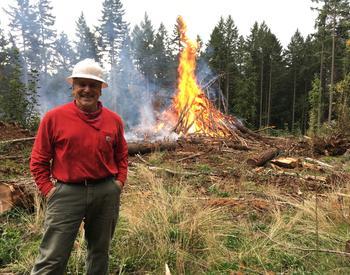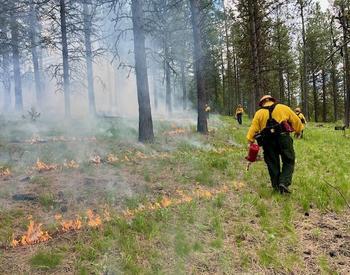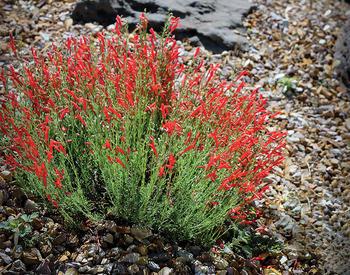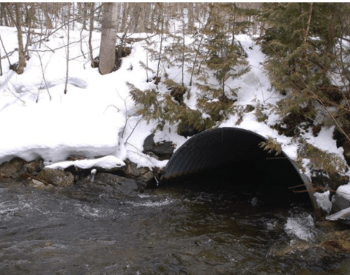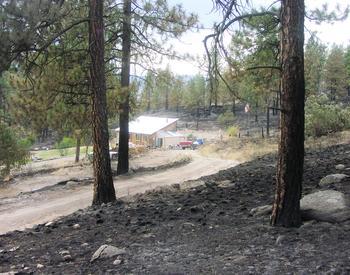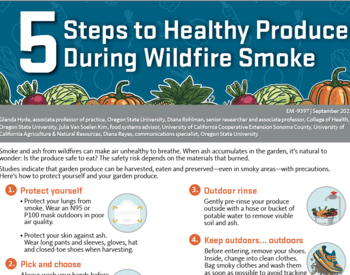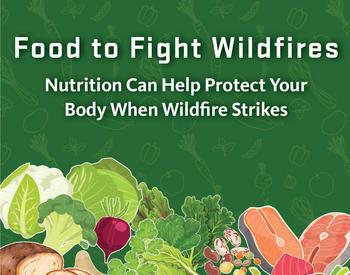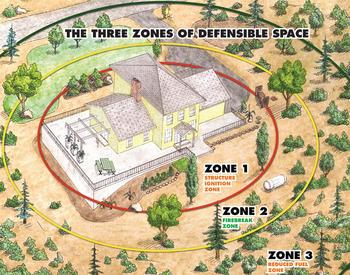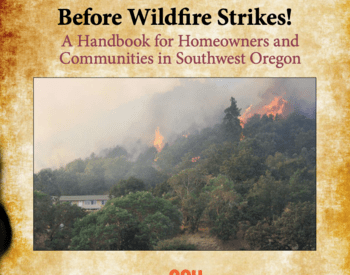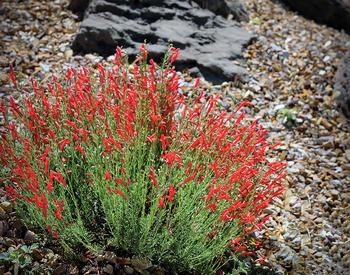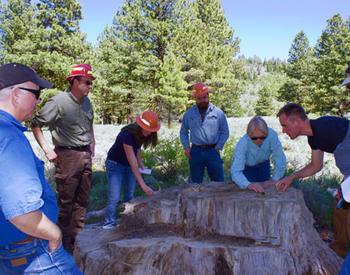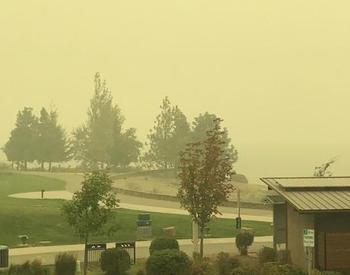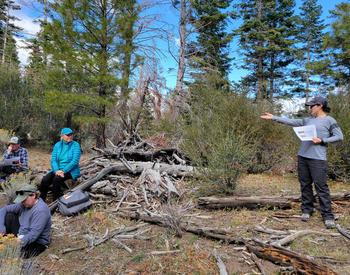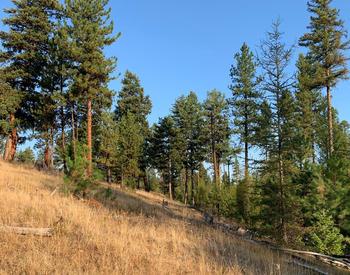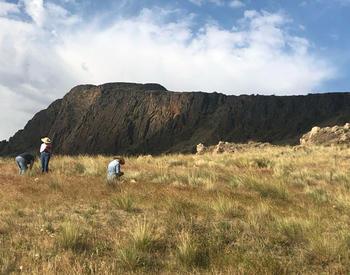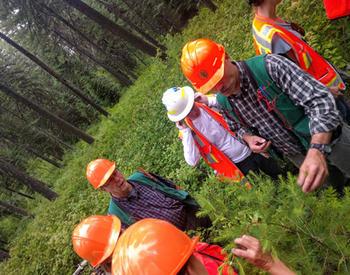The National Weather Service issues red flag warnings to alert land management agencies to critical weather and fuel moisture conditions that could lead to rapid increases in wildfire activity.
What does a red flag warning mean for the public?
A red flag warning means high fire danger with increased probability of a quickly spreading fire in the area within 24 hours. Authorities may issue a burn ban and ask the public to avoid burning. Some other things the public can do to be more mindful on red flag warning days:
- Secure safety chains on trailers.
- Don’t drive over dry grass or vegetation.
- Postpone target shooting.
- Avoid yard work or welding near dry vegetation.
- Report any fire, smoke or unsafe activity that could lead to a fire.
The weather criteria for red flag warnings vary. The National Weather Service issues these forecasts from regional offices in Seattle, Spokane, Portland, Pendleton, Medford and Boise for specific zones of similar vegetation and topography. Each forecast office covers many fire weather zones.
What weather criteria are considered?
- Drought conditions
- Expected afternoon high temperatures
- Minimum relative humidity
- Daily vegetation moisture calculations
- Sustained winds, wind gusts or erratic winds
- National Fire Danger Rating System index of “High or Higher”
- Haines Index of atmospheric stability
- Dry lightning
- Frontal passages
How do fire agencies respond to a red flag warning?
Fire agencies respond to the forecasts by positioning additional firefighting resources, increasing detection flights and prevention patrols, or extending staffing hours. The forecasts are critical information for planning prescribed burns.
This article was written in partnership with the Northwest Fire Science Consortium.
